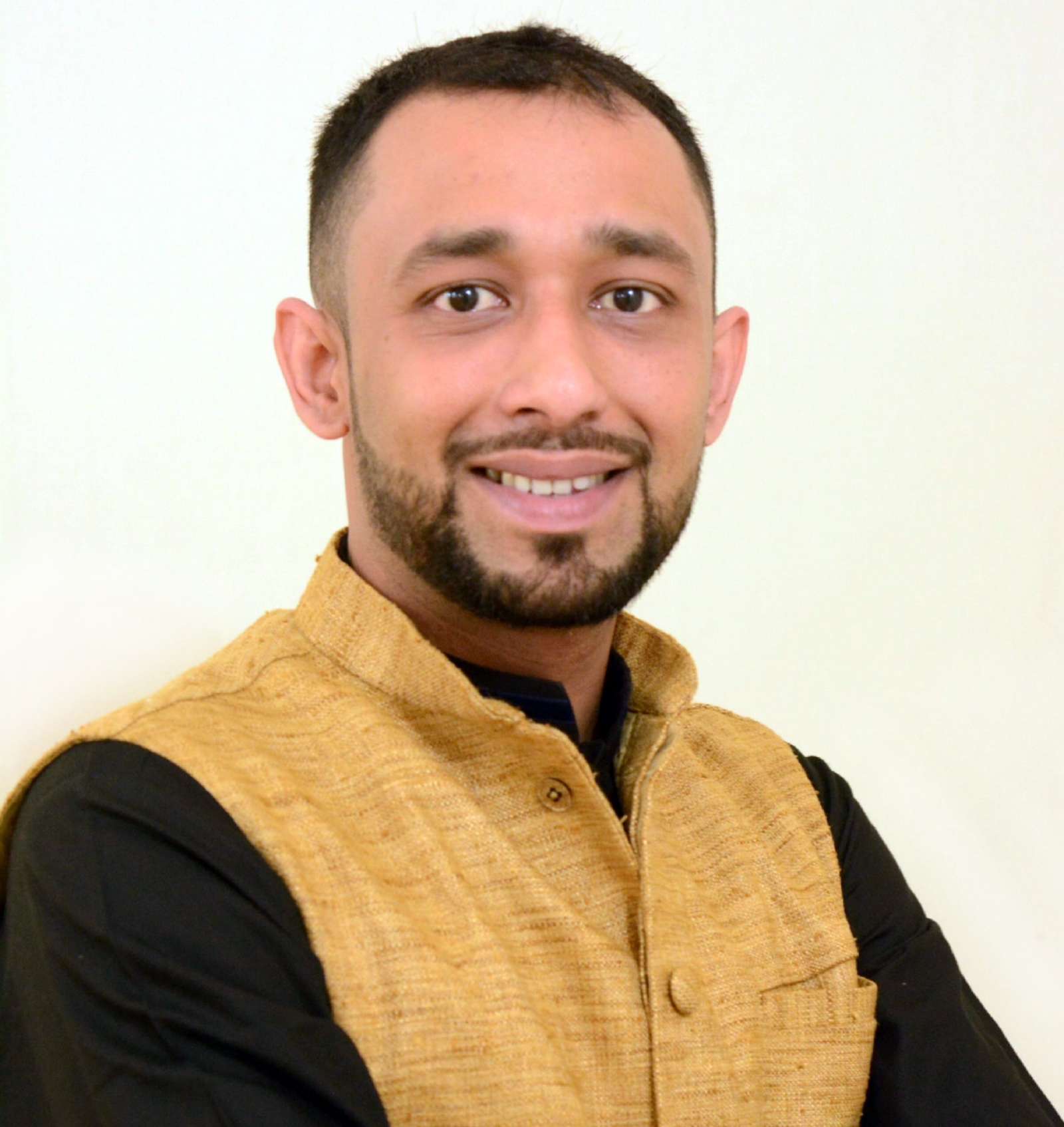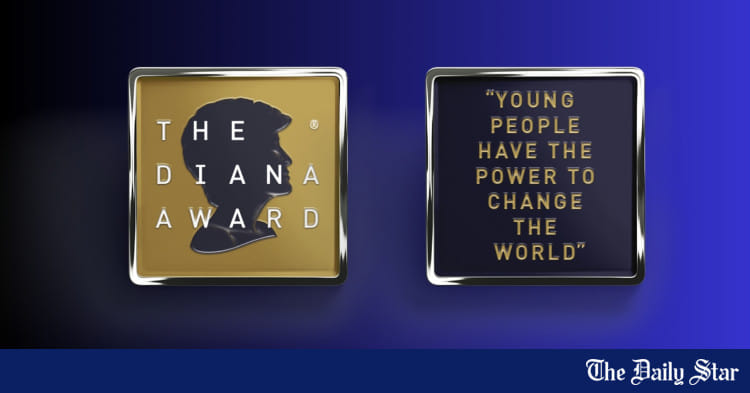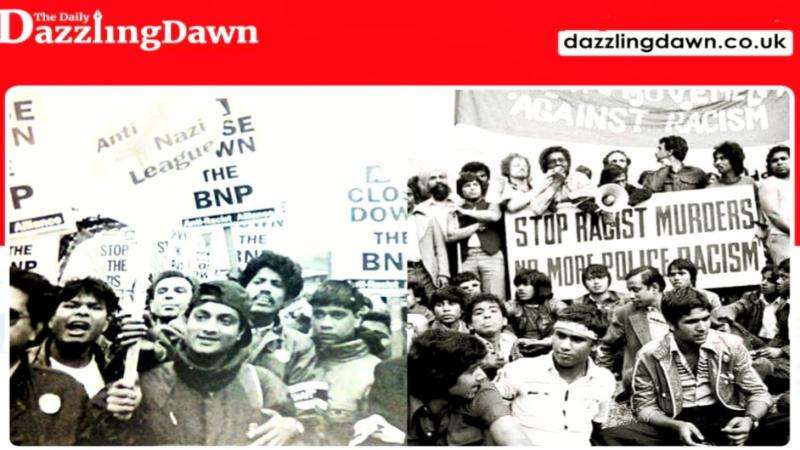From Brick Lane to Boardrooms: The Remarkable Rise of British Bangladeshis

by
Munzer Ahmed Chowdhury
March 13, 2025
The Rise of British Bangladeshis
The British Bangladeshi community stands as a vibrant and increasingly influential part of the UK's multicultural tapestry. Their journey, marked by resilience, entrepreneurship, and a strong commitment to community, is a testament to the transformative power of immigration. From humble beginnings to significant achievements across various sectors, the British Bangladeshi story is one of remarkable success.
Historical Context and Early Settlement: The initial wave of Bangladeshi immigration to the UK,
primarily from the Sylhet region, began in the 1950s and 1960s. Many arrived seeking economic opportunities, filling labor shortages in industries like textiles and manufacturing. These early immigrants often faced significant challenges, including language barriers, discrimination, and difficult living conditions. They established tight-knit communities, particularly in areas like Tower Hamlets in London, which became the heart of the British Bangladeshi presence.
The history of the British Bangladeshi community is a rich and complex narrative, marked by resilience, adaptation, and significant contributions to British society. Here's a summary of key historical points:
Early Presence: The earliest presence of people from what is now Bangladesh in the UK can be traced back to the era of the British Empire. Many were "lascars" (seamen) who worked on British ships, arriving in port cities like London and Cardiff.
Early 20th Century: Small numbers of individuals from the region began to settle in the UK in the early 20th century.
Post-World War II Migration: The major wave of Bangladeshi immigration occurred after World War II, driven by labor shortages in the UK. Many immigrants came from the Sylhet region of what was then East Pakistan (later Bangladesh).They found employment in industries such as textiles, manufacturing, and later, the restaurant sector.
Settlement Patterns: Significant communities developed in urban areas, particularly in London's East End (especially Tower Hamlets, including Brick Lane), as well as in other industrial cities like Birmingham, Manchester, and Bradford.
Formation of Community:
1971: Bangladesh Independence: The independence of Bangladesh in 1971 played a crucial role in shaping the community's identity and sense of solidarity.
British Bangladeshis played an active role in supporting the independence movement.
Bangladeshi community at the forefront of anti-apartheid movement in Britain:
A small park, formerly St Mary's Park, in the City of London, Billet, on Edler Street, White Church Lane, and White Chapel High Street. As soon as you enter the park, you will see 'Altab Ali Park' written in English in big letters. Altab Ali was a Bengali immigrant from London. He worked as a factory worker. In the seventies of the last century, there was an anti-apartheid movement in Britain. On May 4, 1978, on his way home from work, he was brutally murdered by some unidentified racists in East London's Edler Street. Two Bangladeshis were killed in this movement.
Thousands of people erupted in protests over the death of Altab Ali in a racist attack. Anti-apartheid movement gets a new dimension. People come down the street. Altab Ali's death served as an important 'turning point' in this movement. An Altab Ali's name spread through people's mouths through massive protests. That is why in 1998 St. Mary's Park on Edler Street in East London was named Altab Ali Park in his honor. In the name of Altab Ali Park in London, it is established as a tower of inspiration for Bangladeshis to fight against the racist forces. This Shaheed Tower was built in the southern part of Altab Ali Park in East London in 1999, which is the first Shaheed Minar built outside the country.
A Story of Progress: The Thriving British Bangladeshi Community Today
The community established mosques, community centers, and cultural organizations to preserve their heritage and provide support to new arrivals. The creation of Bangladeshi owned businesses, most notably restaurants, became a staple of British culture.
Contemporary British Bangladeshi Community: The British Bangladeshi community is now a vibrant and integral part of British society, contributing to its cultural diversity and economic prosperity.
Economic Contributions and Entrepreneurship: One of the most notable achievements of the British Bangladeshi community is their entrepreneurial spirit. The "Bangladeshi restaurant" has become a staple of British culinary culture, with thousands of curry houses across the country. These businesses have not only provided employment opportunities but also contributed significantly to the UK economy. Beyond restaurants, British Bangladeshis have excelled in other sectors, including:
Retail: Establishing and managing independent shops, supermarkets, and other retail businesses.
Real Estate: Investing in property and contributing to the development of local communities.
Finance: Increasingly entering professional roles in banking and finance.
Technology:
A growing number of British Bangladeshis are forging careers in the technology sector, reflecting the community’s adaptability to evolving industries.
Political Representation and Civic Engagement: The British Bangladeshi community has made significant strides in political representation. From local councilors to members of parliament, their voices are increasingly heard in the UK's political landscape. Notable achievements include:
The election of numerous British Bangladeshis to local councils, enabling them to influence local policies and address community needs. The election of British Bangladeshi MPs to the House of Commons, providing a platform for national representation and advocacy.
Active participation in civic organizations and community initiatives, working to improve social and economic conditions.
Educational Attainment and Professional Success:The younger generation of British Bangladeshis is achieving remarkable success in education and professional careers. Increased access to higher education has led to a surge in graduates in fields such as medicine, law, engineering, and academia. This upward mobility is transforming the community's socioeconomic profile.
Rising numbers of British Bangladeshi doctors, lawyers, and other professionals are contributing to the UK's workforce.
Growing representation in academic institutions, with British Bangladeshi scholars and researchers making valuable contributions to various fields.
The rise of British Bangladeshi figures in the arts, media, and creative industries.
Cultural Identity and Community Cohesion: Maintaining a strong cultural identity is a vital aspect of the British Bangladeshi experience. The community has successfully preserved its heritage while integrating into British society. This is evident in:
The preservation of Bengali language and cultural traditions through community centers, schools, and cultural events. The celebration of Bangladeshi festivals and cultural events, fostering a sense of community and identity.
The blending of British and Bangladeshi cultural influences, creating a unique and dynamic cultural expression.
Why Bangladeshis behind in British politics?
Bangladeshis, especially the Sylhety people, have passed one hundred years as a community in Britain. Compared to Indians, Pakistani & other South Asians, and many other ethnic minority communities living in the country, Bangladeshis are lagging behind in terms of education, employment, mainstream politics, and even health.
However, in recent years in Britain, Bangladeshis have spread the light of success in education and research. The participation of our new generation is growing slowly in British mainstream politics.
The fourth generation of thousands of Sylhety families continues in Britain. There are 600 parliamentary seats in the House of Commons. There are only four British Bangladeshi MPs among them. At least four-thirds of the fourth-generation expatriates are originally from Sylhet. But there are only two MPs from Greater Sylhet in the current British Parliament. All four MPs of Bangladeshi origin belong to the Labour Party. All are women. Our women are more successful in politics in the UK. All four of the current MPs are second-generation British Bangladeshis. The community of Bangladeshis has been established in the country for a century. The residence of Indian Pakistanis is also centuries old. British Pakistanis went to the British Cabinet. Sadiq Khan, the repeatedly elected mayor of London, is also of Pakistani descent.
Apart from the two seats in East London, Britain's policymakers have no other place in the country to judge the outcome and impact of the Bangladeshi votes. British Bangladeshi's far behind in mainstream politics because our community was not careful because of the lack of foresight of the previous generation and the ego and jealousy of the current generation. In Britain, if a candidate of Indian or Pakistani origin is nominated by any major party, the natives of that country spontaneously come forward to campaign with their own labour and their own money. They don't get divided on the issues of who they belong to in their country or who they believe in, and they don't spread division in their own community. But, at the same time, we have to admit with shame that Bangladeshis are the main obstacle to the advancement of Bangladeshis in British politics. If a Bangladeshi has the opportunity to go to the House of Lords or the House of Parliament, it is the social negative trend of the community of people to prevent him from campaigning for a different country's candidate, slandering the candidate's personal and family life, and writing complaints. People who wanted to give moral leadership could not come out. Most people are disappointed with the practice of dragging behind someone who is ahead rather than pushing someone forward in the country. A large number of Bangladeshis live outside Tower Hamlets in Camden, London, Oldham, and Birmingham, outside London. Since there are thousands of conscious voters of their own country in these seats, there was a chance to get elected MP of Bangladeshi origin long ago. It did not happen, only because of the lack of unity in the Bangladeshi community. The youth complained of the negative trend of socially discouraging the new generation in politics rather than encouraging them.
Even after living abroad for many years, the slander of opposition to domestic politics and not being able to unite on any issue of public importance have left Bangladeshis behind in Britain's mainstream politics. As long as we do not get out of the culture of support and opposition for the regionalization of the country's village and union level in local government councillor elections in this country, until we can't get out of the culture, relative people will not be able to reach mainstream politics.
Hopefully, in the midst of this negativity of breaking the journey of others by cutting off one's own nose, the participation of the new generation of Bangladeshis in British mainstream politics, councillors, and local government elections has increased more than before. Last year, British Bangladeshi Ismail Uddin showed surprise by being elected as a councillor at the age of 19 in independent elections without the support of any party. The participation of Bangladeshis in the posts of garlanded mayors in councils without voting has increased. Still, the participation rate of Bangladeshis as major party candidates in general elections is much lower than that of Indians and Pakistanis.
In the two general elections of the 1990s, four candidates of Bangladeshi origin were shortlisted for the Labour Party nomination for MP in the East London seats of Bethnal Green and Bow. They are the late Jahangir Alam, Councillor Rajan Uddin Jalal, Paula Manjila Uddin, and Kumar Murshid. The late Jahangir Alam and Councillor Rajan Uddin Jalal were left off the shortlist twice. In Britain, the men of the Bangladeshi community have lost many potential politicians by leaving the party without getting a party nomination, opposing party ideology, supporting the candidate of the opposition party, and changing parties again and again.
The major point of crisis is, In the field of politics in the UK, the Bangladeshi community hasn't yet gotten a political leader who can be imitated, who can be an example as an idol, and who can be an example to the new generation. Which is true in many other ethnic minority communities. Apart from the voting season, he introduced himself as a proud representative of the Bangladeshi community, standing by the people of the community in any issues who would be encouraged by the new generation to build a career in mainstream politics in Britain, a huge void in that place.
As millions of British Bangladeshis of the new generation cannot read and write Bengali, the place for learning Bengali in Britain is gradually shrinking.
In many of our families, our children do not want to speak Bengali, even at home. The institutional space of the crisis has become visible as schools teaching Bengali have been closed by the government on the pretext of a lack of budget. Sadly, there is no planned and coordinated effort by our politicians to raise the barriers to progress in the health, education, culture, and livelihood of Bangladeshis at the policy level in Britain.
There are hundreds of Bangladeshi community organisations in Britain. The 50-year-old community organisations are being torn apart for selfish personal reasons, spreading division.
May the chapter of the Bangladeshi community shine brightly in the sovereign journey of a traditional nation-state like Britain. In Britain's mainstream politics, in Parliament, and in the Cabinet, British Bangladeshis should be able to proudly hold up their British identity as well as their Bangladeshi roots.
Despite their successes, the British Bangladeshi community continues to face challenges, including:
- Persistent socioeconomic disparities in certain areas.
- Ongoing issues related to discrimination and prejudice.
- The need to address the needs of an aging population within the community.
However, the future prospects for the British Bangladeshi community are bright. The younger generation's educational achievements, coupled with the community's entrepreneurial spirit and growing political influence, suggest a continued trajectory of success. As they continue to contribute to the UK's economy, society, and culture, the British Bangladeshi community will undoubtedly play an increasingly important role in shaping the nation's future.
Munzer Ahmed Chowdhury
















































